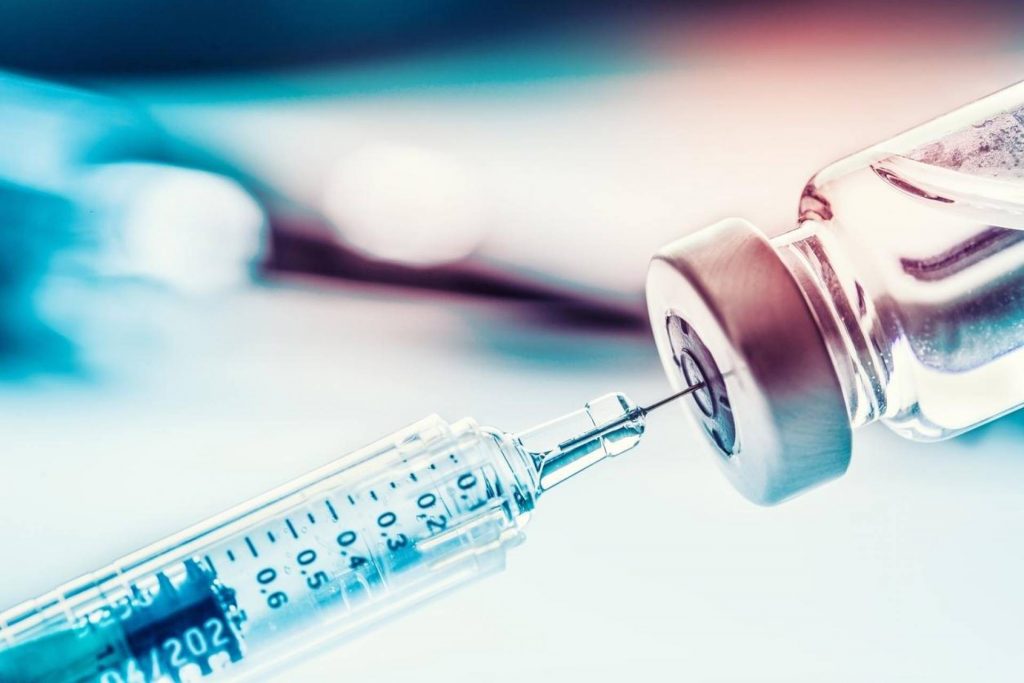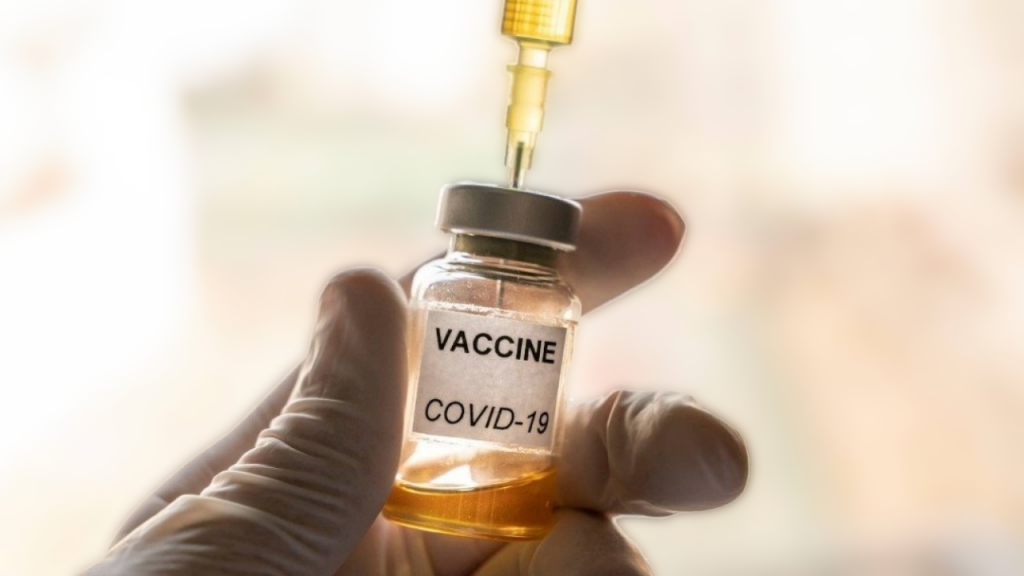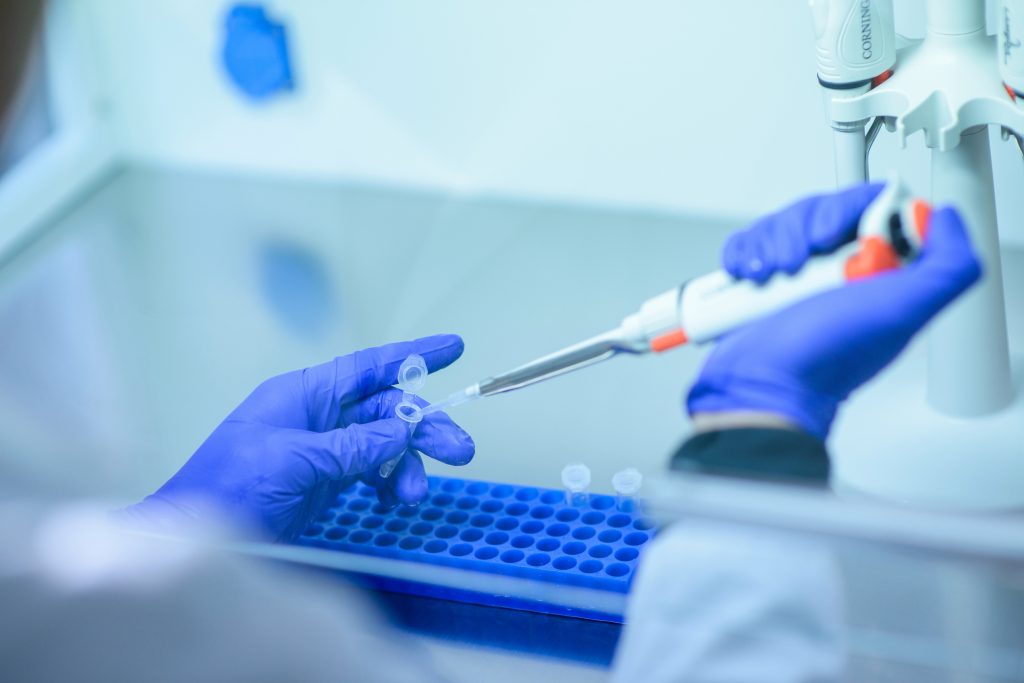The COVID-19 vaccine from Pfizer and BioNTech was able to generate antibodies against the coronavirus, but still inconclusive if it was able to generate immunity to the disease. Pfizer could produce 1 billion doses in 2021
July starts with good news: the vaccine for COVID-19 developed by Pfizer in partnership with the biotechnology company BioNTech showed good potential in its first human testing phase, as announced by the two companies on Wednesday on the Medrxiv website, which share scientific discoveries that, in their first moment, have not yet been reviewed. The results have not yet been published in a scientific journal.
THE COVID-19 vaccine Pfizer is one of 17 tested on humans during a global race to find an immunization against the new coronavirus, which has already infected 10.5 million people and killed more than half a million so far. With the expressive increase in the number of cases in the United States and Brazil, the trend is that the numbers will reach new peaks throughout this month of July.
 More than 17 COVID-19 vaccines are being tested worldwide and 4 have already shown positive results, one of them in Brazil
More than 17 COVID-19 vaccines are being tested worldwide and 4 have already shown positive results, one of them in BrazilIt is necessary to emphasize that the results are not a total indication of cure, since, even though the vaccine is capable of generating antibodies against the coronavirus, there is still no indication that it is capable of generating immunity to the disease. THE Pfizer promises to conduct new studies soon to prove that whoever took the vaccine is at least 50% less vulnerable to the virus.
Still, good news arrives with optimism. This is the fourth COVID-19 vaccine in an initial stage with promising results in human tests. THE Pfizer take long strides and join the leaders of the race against the coronavirus along with the vaccines from Moderna, CanSino Biologics and Inovio Pharmaceuticals.
It is worth remembering that studies to combat coronavirus also take place on Brazilian soil, with the success of the research by the University of Oxford with the pharmaceutical company AstraZeneca, reaching phase 3 of research and testing in Brazil.
Positive results for COVID-19 vaccine
 Even if volunteers produce antibodies against coronavirus, it is still inconclusive whether the vaccine is capable of generating immunity
Even if volunteers produce antibodies against coronavirus, it is still inconclusive whether the vaccine is capable of generating immunityThe study was random, which means that the choice of volunteers was made randomly, and was tested on 45 people who received three doses of the vaccine or placebo. Of these 45, only 12 received a dose of 10 micrograms, while another 12, in turn, took 30 micrograms.
Nine were treated with the placebo version of the vaccine, while another 12 volunteers ended up receiving a dose of 100 micrograms. Those who received this higher dosage of 100 micrograms, had side effects. About half of these volunteers had a fever and for this reason, the group did not receive a second dose.
After three weeks, the first two groups received a second dose, in which about 8.3% of the participants in the 10 microgram group and 75% of the 30 microgram group also had a fever. Another recurrent symptom presented by the volunteers was sleep disorders.
The researchers, however, did not consider the serious side effects, as they did not result in hospitalizations and are recurrent symptoms after the application of other vaccines, such as the common flu.
 Positive results generate Pfizer growth on the stock exchange
Positive results generate Pfizer growth on the stock exchangeThe balance was positive, even if incongruous, since the COVID-19 vaccine gives Pfizer was able to generate antibodies against the coronavirus, and even some of them neutralized the virus. It becomes a big step on the path to immunity, even though the results still do not show complete effectiveness against the disease, after all, producing antibodies against the virus is not the same thing as eradicating it.
This does not seem to discourage Pfizer and the BioNTech who promised that if the safety and efficacy study is successful and the vaccine receives regulatory approval, companies expect to manufacture up to 100 million doses by the end of 2020 and potentially more than 1.2 billion doses by the end of 2021. This also did not discourage the financial market, since the shares of Pfizer rose more than 4% on the American stock exchange.
source: Medrxiv
